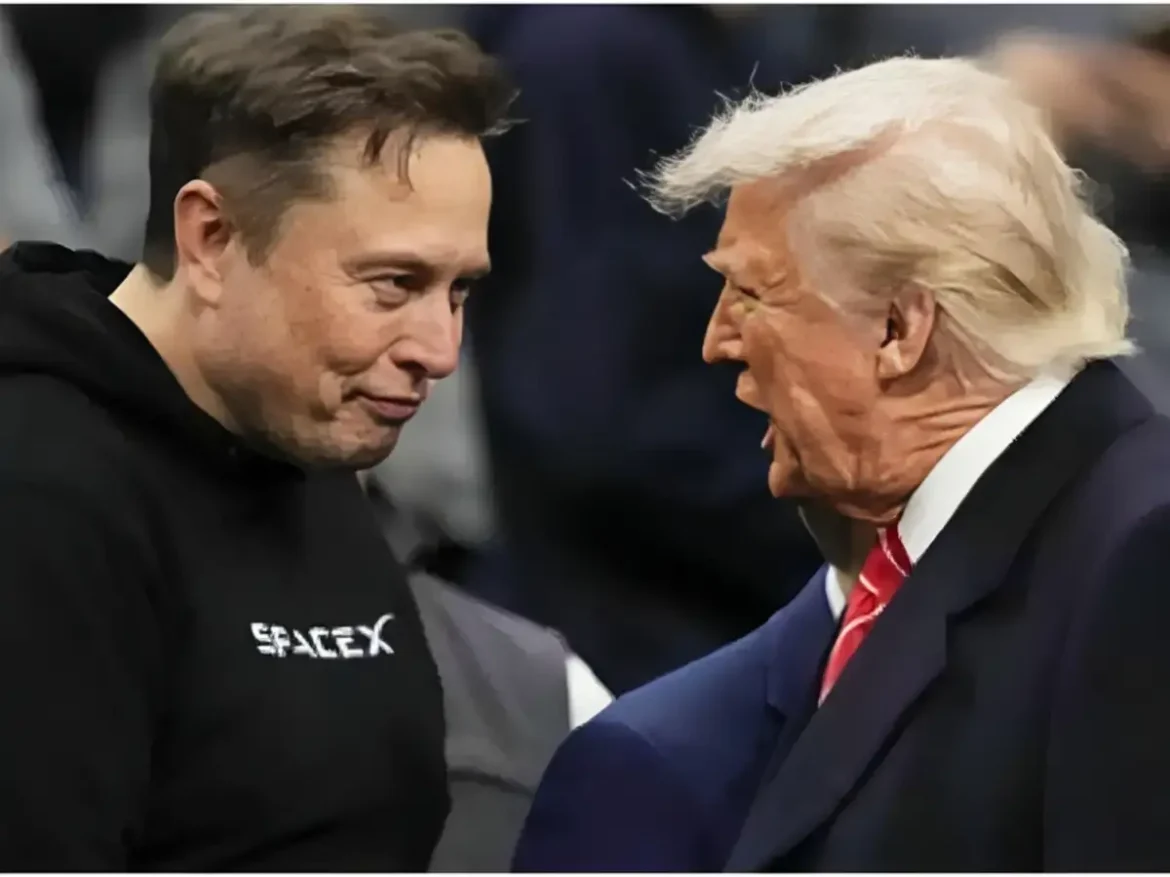Dear Editor,
The brewing feud between Donald Trump and Elon Musk is more than a clash between two of America’s most influential figures—it’s a symptom of a deeper transformation in the American political landscape. What started as mutual admiration has unraveled into public jabs, social media swipes, and veiled threats of political fragmentation. As this power struggle intensifies, the real question becomes: who stands to gain, who is likely to prevail, and what does this feud mean for American democracy?
At first glance, Trump appears to hold the upper hand. He commands a loyal and highly mobilized political base, remains the dominant figure in the Republican Party, and has successfully redefined the GOP in his image. Elon Musk, on the other hand, is a titan of industry with unmatched influence in technology and communications—most notably through X (formerly Twitter), which has become a battleground for political narratives.
However, Trump’s political power is rooted in voter loyalty and electoral machinery, while Musk’s influence is rooted in culture, capital, and innovation. If the feud escalates, Musk’s greatest threat lies not in challenging Trump for the Republican crown, but in leveraging his resources and platforms to disrupt the political order—perhaps by backing or launching an alternative party.
Who Is Likely to Win?
In the short term, Trump is likely to “win” the feud in the political arena. He has the electoral base, institutional party control, and media presence that translate into votes. Musk lacks the political experience, ideological consistency, and grassroots appeal necessary to outmaneuver Trump in a direct political contest.
However, in the long run, Musk could reshape the landscape more profoundly. With his vision of a techno-libertarian future, Musk appeals to a younger, more digital-savvy audience disillusioned with traditional politics. If Musk decides to fund or champion a third party—potentially appealing to independents, moderates, and the politically homeless—it could significantly disrupt both the Republican and Democratic coalitions.
Political Impact
This feud exposes the fragile alliances within American conservatism. The Trump-Musk divide pits populist nationalism against techno-libertarianism. While Trump relies on emotional appeals, cultural grievances, and “America First” rhetoric, Musk promotes innovation, deregulation, and space-age ambition. Their divergence reveals the ideological incoherence of the modern American right and opens the door to a multipolar political reality.
Should Musk seriously pursue the creation of a third party, the consequences would be seismic. The United States has long resisted viable third-party movements due to structural and electoral hurdles. Yet, Musk has the capital, platform, and reach to challenge this norm. Even if unsuccessful electorally, a Musk-backed party could siphon votes, especially from young libertarians and disenchanted centrists, thereby reshaping electoral outcomes in key battlegrounds.
The Threat—and Opportunity—of a New Political Party
While Trump has threatened to fracture the GOP if slighted, Musk threatens to fracture American politics in a more profound way—by injecting Silicon Valley’s ethos directly into the political bloodstream. His version of a political movement would be data-driven, disruptive, and likely run through digital platforms rather than town halls.
A new party led or inspired by Musk could fast-track political decentralization and force traditional parties to modernize. But it also risks further dividing the electorate, increasing polarization, and complicating governance. The real danger is not in Musk’s success, but in his potential to pull a generation further away from democratic institutions without building durable alternatives.
The Trump-Musk feud is not just personal—it’s philosophical. It reflects a battle for the soul of American conservatism, for control of political narratives, and for influence over the future of governance itself. While Trump will likely dominate the immediate political arena, Musk’s long-term disruptive potential should not be underestimated. If this feud evolves into a full-blown political schism, we may witness the beginning of a new chapter in American politics—one shaped as much by tweets and algorithms as by rallies and ballots.
Desmond Nleya
Political Commentator & Analyst
The views expressed in this article are the author’s own and do not necessarily reflect Daily Times’ editorial stance.


